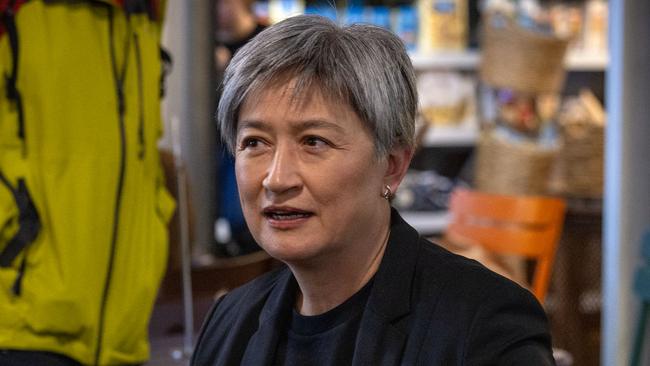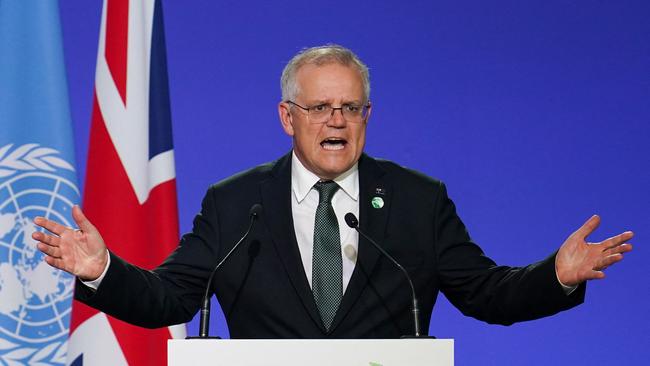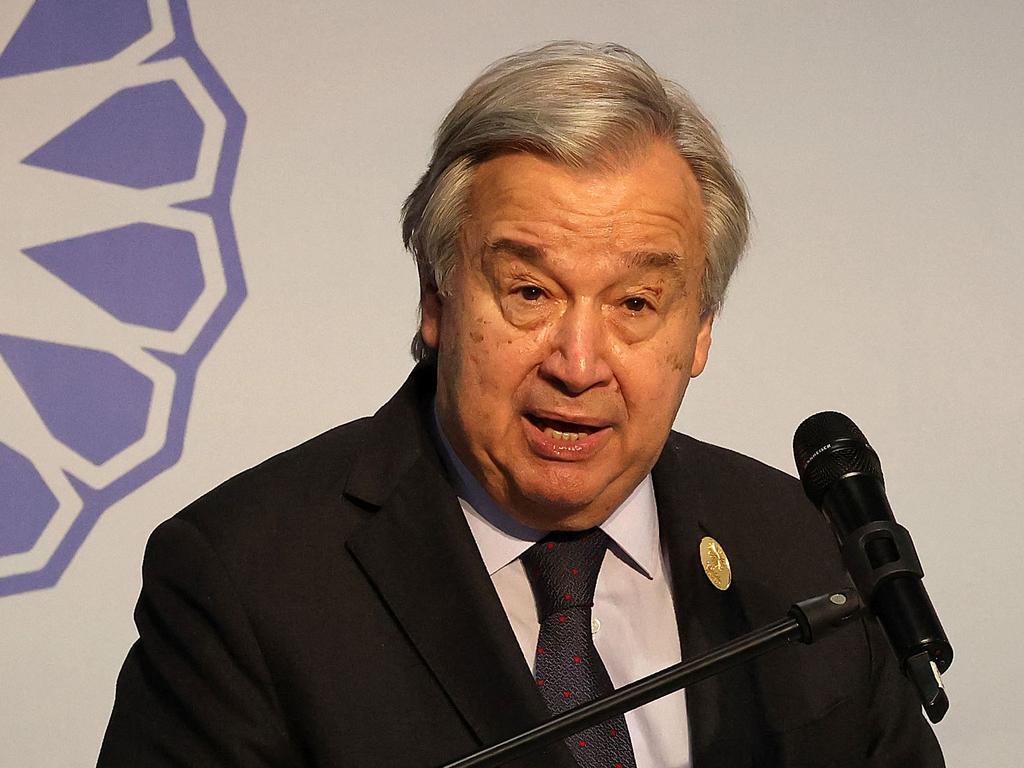Rejoining the UN’s Green Climate Fund could cost Anthony Albanese and Australia billions of dollars


For the Albanese government, this will be booked as an inevitable cost of climate change diplomacy aimed at pleasing our Pacific Island neighbours and the greater powers.
Scott Morrison had good reason to withdraw Australia from the GCF in which we had been heavily involved due to disagreement between donor and recipient nations and a lack of transparency and proper oversight about how money was spent.
The tensions mirror the broader climate change negotiations that cannot agree on how much the developed world should give to developing nations.
The Green Climate Fund is a key part of the UN’s agenda but, despite the billions involved, is only a small part of what is being demanded. For the Albanese government, entry to the fund will be seen as a mandatory part of its bid to host a meeting of the United National Framework Convention on Climate Change in conjunction with Pacific Island states in 2026.
Pacific Island leaders have been holding out on agreeing to terms of a joint bid.
The GCF contribution, which Penny Wong says will be detailed later this year, is only a small part of what will be required.
Pacific leaders are being encouraged not to quickly back Australia’s request to co-host the COP31 conference. Environment groups are demanding they hold out for Australia to stop mining and exporting coal and gas.

Welcoming the GCF decision, Greenpeace said contributing to the fund without stopping all new coal and gas projects is like showing up at a fire with an extinguisher in one hand and a flamethrower in the other.
“We urge the Australian government to go a step further and heed Pacific demands to end all new fossil fuels,” the group said.
The timing of Australia’s return to the GCF coincides with a meeting in Bonn, Germany, to progress the Fund’s second replenishment cycle. GCF executive director Mafalda Duarte has announced a target for the fund to manage $US50bn by 2030.
The fund currently has $US17bn in capital.
The new blueprint “aims to reduce unnecessary complexity and transaction costs, and coalesce multiple partners around a singular vision for transformation, empowering the Fund to realise its full potential as a partner of choice for country-led climate action”.
This suggests the contentious issue about whether money should be given as loans or grants has been settled in favour of grants.
Six countries recently announced their contributions to the Fund at a UN Climate Ambition summit in New York.
Pledges were received from France (€1.61bn), Iceland ($US3.2m), Luxembourg (€50m), Slovakia (€2.2m), Slovenia (€1.5m) and Spain (€225m).
These pledges follow earlier commitments made by Austria (€160m), Canada ($C450m), Czechia ($US4m), Denmark ($US232m), Germany (€2bn), Monaco (€3.3m), the Republic of Korea ($US300m) and the United Kingdom ($US2bn).
The US gave only two-thirds of its promised $US2bn in 2014 and did not give any money in 2019.







By rejoining the Green Climate Fund, Australia will be expected to contribute billions of dollars to a new target of $US50bn ($78.8bn) by 2030.